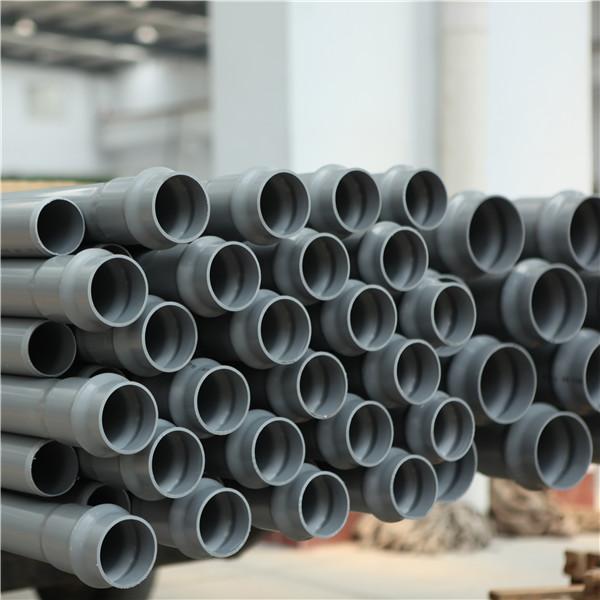Desemba . 16, 2024 17:47 Back to list
polypropylene cutting board safe
The Safety of Polypropylene Cutting Boards A Comprehensive Analysis
In recent years, the culinary world has seen a significant shift towards the use of polypropylene cutting boards due to their perceived safety and hygiene benefits. Unlike wooden or bamboo boards that can harbor bacteria if not properly maintained, polypropylene (PP) cutting boards offer a variety of advantages that enhance food safety in both home and professional kitchens.
First and foremost, polypropylene is a type of thermoplastic polymer that is both durable and resistant to moisture. This characteristic is crucial for cutting boards since prolonged exposure to water can lead to the warping and cracking of wooden boards, potentially creating an environment conducive to bacterial growth. Polypropylene cutting boards, on the other hand, can withstand repeated washing and are generally dishwasher-safe, making them easy to clean and sanitize. The ability to maintain a high level of cleanliness is essential in preventing cross-contamination, especially when handling raw meats, seafood, or vegetables.
The Safety of Polypropylene Cutting Boards A Comprehensive Analysis
Another key aspect of polypropylene cutting boards is their ability to withstand extreme temperatures. Polypropylene is heat-resistant, which means it can endure the high temperatures of boiling water and hot foods without warping or melting. This is especially advantageous in busy kitchens where cutting and prepping tasks occur simultaneously. However, it is essential to note that while PP boards are heat-resistant, they should not be used as hot pads or trivets, as extreme heat could eventually damage the board over time.
polypropylene cutting board safe

In terms of sustainability, polypropylene boards stand out as they are recyclable. Many cutting boards on the market are made from recycled materials or can be recycled at the end of their lifespan, making them an environmentally friendly choice. This commitment to reducing waste aligns with the growing consumer demand for eco-conscious products, making polypropylene cutting boards a popular choice among environmentally aware chefs and home cooks.
Despite these numerous benefits, it is important to recognize that no cutting board material is entirely free from risks. Regular maintenance and proper care of polypropylene boards are essential to ensure their longevity and to maximize their safety features. It is advisable to replace cutting boards that show significant wear and deep knife marks, as these can create hiding spots for bacteria despite the non-porous nature of the material. Additionally, while polypropylene stands up well against most kitchen chemicals, it is recommended to use mild detergents and to avoid harsh abrasives that can scratch the surface.
Consumer awareness about the safety of cutting board materials is also crucial. Public perception may still lean towards traditional materials like wood, often underestimating the advantages of modern synthetic options like polypropylene. Educating consumers about the inherent benefits of PP boards can help dispel myths regarding their safety and promote their utilization in both domestic and commercial kitchens.
In conclusion, polypropylene cutting boards represent a safe, hygienic, and sustainable option for food preparation. Their non-porous nature, ease of cleaning, resistance to moisture and heat, and recyclability make them an appealing choice for those prioritizing food safety and environmental responsibility. As culinary practices continue to evolve, embracing such innovative materials can lead to improved health outcomes and enhanced kitchen efficiency. For anyone looking to upgrade their kitchen tools, investing in a polypropylene cutting board appears to be a wise choice that balances practicality and safety.
-
Durable PP Rigid Sheet: Lightweight, Chemical Resistant Solutions
NewsAug.21,2025
-
PVC Grey Sheet for Extraction: Chemical Resistant & Durable
NewsAug.19,2025
-
Durable PVC Pipe Fittings for Plumbing & Irrigation Needs
NewsAug.18,2025
-
HDPE Steel Belt Reinforced Spiral Corrugated Pipe | High Strength
NewsAug.17,2025
-
HDPE Pipe Fittings: Durable, Leak-Proof Solutions
NewsAug.16,2025
-
Premium CPVC Sheet: High-Temp & Chemical Resistant Solutions
NewsAug.15,2025

